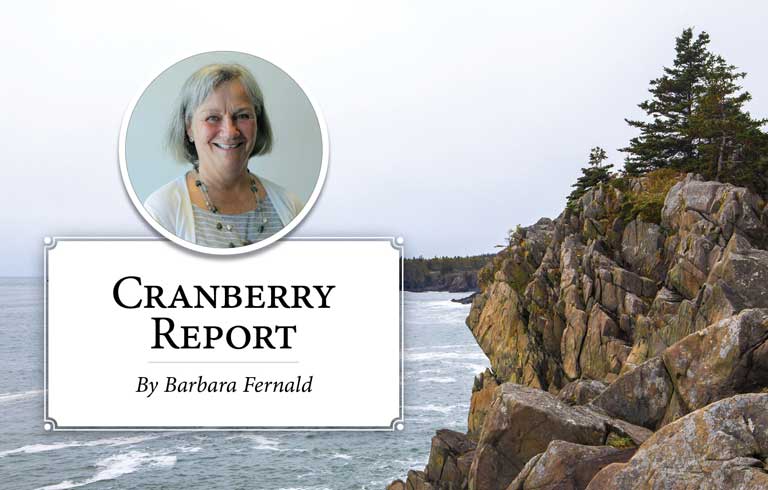Silence: A Novel
By William Carpenter (2021)
Reading Silence: A Novel, by Maine author and College of the Atlantic professor William Carpenter, made me think of traversing the terrain of a Penobscot Bay rocky island—which is largely the setting for this story.
One needs to stay constantly aware of the twists and turns of both landscape and story. There is a vigilance required, sometimes an exhausting demand. But while exploring an island can also include a bracing dip, beach combing, or a picnic—activities that refresh and recharge us—Silence provides no respite.
There’s a good reason for that. The story has us in the throes of PTSD, vicariously experiencing flashbacks, anxiety, and depression.
After combat duty, Nick Colonna—whose story this is, set in 2006—returns home from Iraq, having lost his hearing while under attack and haunted by the death of two soldiers he served with. He is told his deafness and PTSD could be helped—there’s cochlear implants, therapy, psychiatric medications. But it seems complicated by survivor guilt, a question of why and if he deserves to live.
The story shows us all the ways Nick did stop living, did lose his life in that war.
When he returns to his parents’ home to recover, a place Carpenter calls Ledgeport, Maine (a lot like the Rockland area), we see the best intentions of family and friends to help, as well as services available at the nearby Veterans Hospital (i.e. Togus). But Nick is unreachable, seeing danger and threats everywhere, and distrustful of everything.
His hope for escape is to go to a small island off the coast, close enough to reach with a rowed dory. Privately owned, it was now home to feral sheep with rare visits by the family. He had camped on it one night long ago with a girlfriend, a romance he realizes has clearly ended. He was once happy there; could he be again?
Carpenter offers us this: “He came to this island either to remember or forget.”
Nick is able, ingeniously, to rebuild a derelict dwelling and make a bearable life for himself. He hunts, fishes, forages, and gets some home-cooked food and other supplies his father periodically delivers.
He studies Henry David Thoreau’s classic, Walden, Or, Life in the Woods, finding inspiration in the author’s paean to self-reliance and individualism. Nick occasionally goes into town and on one trip, researches artifacts he has uncovered on the island, implements made by the Red Paint People, indigenous people in the area about 6,000 years ago.
He also eventually meets family members, beginning with Julia, a young woman about Nick’s age, who is bitter that the rest of her family has approved plans to build a luxury house there, a kind of family residence/hotel resort with amenities like a helipad and tennis courts. (The island seems a mash-up of a variety of real ones, including Hurricane, adjacent to Vinalhaven.)
Because the island will require major deforestation and bulldozing, Nick accepts a job initially running a chain saw. Later, he employs his finish carpentry and masonry skills in the house. He both destroys and creates—it’s a fundamental paradox the book highlights.
Carpenter surely imagines war embodies that as well: in the name of peace, with the hope of creating something better, we instead wreak death and destruction.
The book suggests many questions, such as who fights in wars and why. As someone working as a therapist, I found it very effectively conveyed the impact and experience of PTSD and shows why it is so often misunderstood and under-treated.
We watch heroic and idealistic Nick, having volunteered to serve and thinking he’d help avenge the 9/11 attacks on his beloved country, become a victim of violence as well. Carpenter seems to be saying there’s no winners in a war; rather it makes losers of us all.
Tina Cohen is a therapist who lives seasonally on Vinalhaven.





